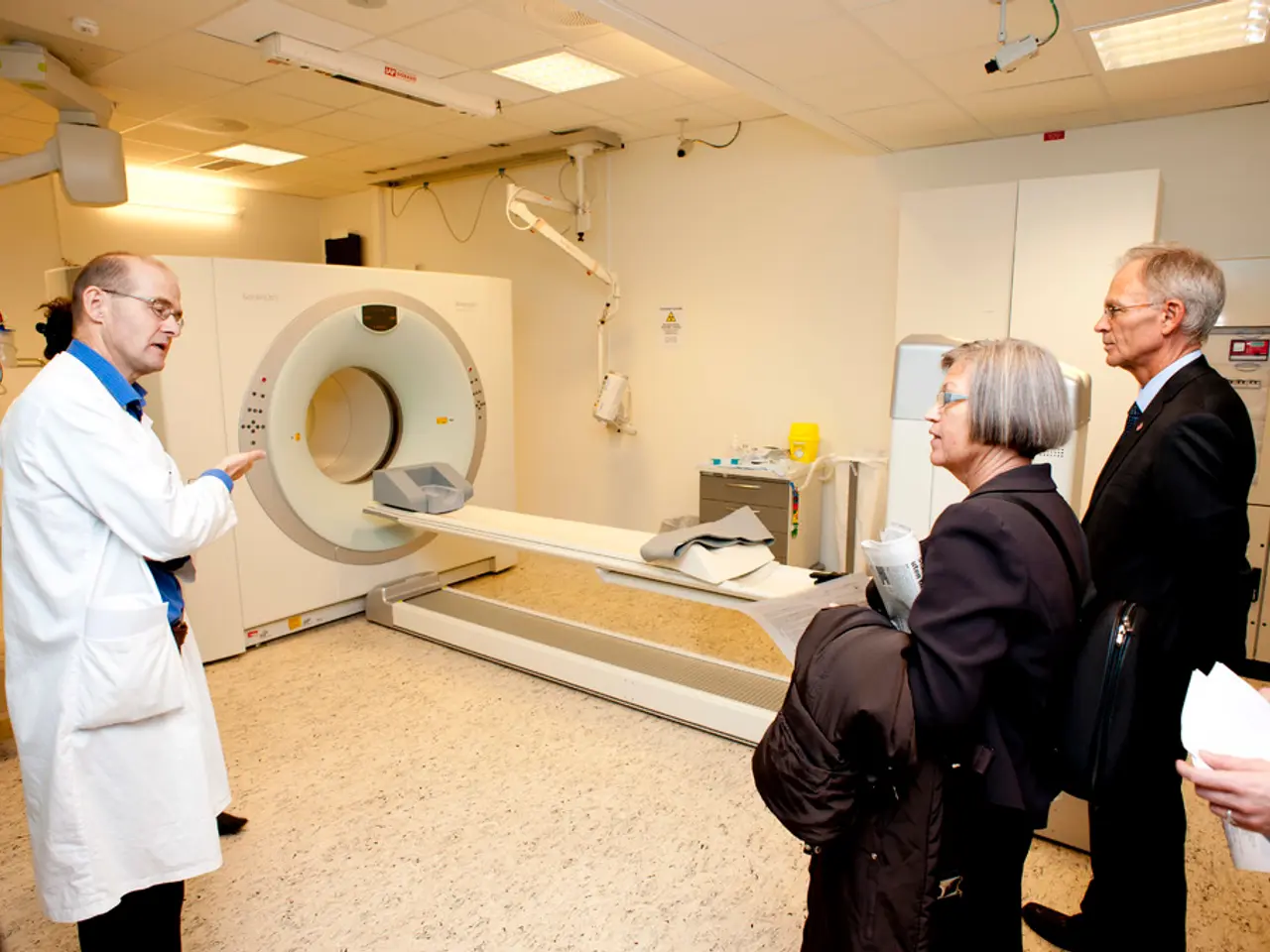Human autonomy as a fundamental human right – decriminalizing abortion law
In a significant push for change, several prominent German organizations and individuals are advocating for the reform of the country's abortion laws. The main arguments centre around fully decriminalizing abortion within the first 12 weeks of pregnancy and regulating it outside the Criminal Code.
Currently, the "abortion compromise" solidified after reunification in 1990, keeps abortion generally illegal but not punishable within the first three months if a woman undergoes mandatory counseling and observes a three-day waiting period. However, the reform proposal aims to eliminate these criminal sanctions entirely during the early pregnancy period, to respect women's autonomy and reduce the stigma associated with abortion access.
The Alliance for Sexual Self-Determination, the German Women's Council, and the Evangelical Women in Germany are leading the call for a fundamental reform. They advocate for abortions to be decriminalized and regulated outside the Criminal Code, with a time limit, legal claim to qualified, barrier-free counseling, comprehensive medical care, and recognition of abortions as part of medical basic care, funded by health insurance companies, and integrated into medical training.
Supporters of the reform, including legal scholars like Frauke Brosius-Gersdorf, argue that decriminalization is constitutionally legitimate and would modernize the law, reflecting contemporary views on reproductive rights. Brosius-Gersdorf has suggested that the human dignity protections of the German Basic Law may not constitutionally apply to embryos or fetuses before birth, which underpins arguments to exclude abortion from criminal penalty during early pregnancy.
Opponents, including influential German Catholic bishops and some Christian Democratic parliamentarians, strongly reject this interpretation. They argue that human dignity is fundamental and must be protected from conception, making any relaxation of abortion laws incompatible with constitutional protections. The bishops emphasize the state’s duty to guarantee human dignity without exception and oppose any candidate for the constitutional court who undermines this, reflecting a deeply entrenched ethical and legal conflict within German abortion debates.
The ongoing debate has been further fueled by the ban by the Christian Clinic Lippstadt against its chief physician, Prof. Dr. med. Joachim Volz, performing abortions. The German Medical Assembly has spoken out in favour of decriminalization, signalling a need for legal changes.
Structural stigmatization of unintended pregnancies and doctors occurs due to the placement of abortions in the criminal code. Supply gaps, particularly in rural regions, make it difficult to access medically safe abortions. The ELSA study shows that many affected people have difficulty obtaining reliable information and local care regarding abortions.
In summary, the call for removing abortion from the Criminal Code is rooted in the need to update the law by recognizing women's rights and bodily autonomy, reduce stigma and legal penalties, and place abortion regulation under healthcare frameworks rather than criminal justice. Opponents insist on robust protection of unborn life grounded in constitutional human dignity provisions, reflecting the ongoing balance Germany seeks between competing legal, ethical, and social values around abortion.
Pastor Birgit Reiche, Managing Director of the Evangelical Women's Aid in Westphalia e.V., emphasizes the need for the federal government to take concrete steps and remove Section 218 from the German Criminal Code. She states that a law reform is long overdue and is in the interest of social justice, medical care, and human rights-based legislation. Instead, they emphasize the need for respectful, empathetic accompaniment of women in conflict situations. The resolution of their member assembly underscores the removal of Section 218 from the German Criminal Code as a necessity for a new regulation.
- The advocacy for reform of Germany's abortion laws includes a call for other prominent organizations, such as the Alliance for Sexual Self-Determination, the German Women's Council, and Evangelical Women in Germany, to decriminalize abortions and regulate them outside the Criminal Code.
- The reform proposal aims to address issues in mental-health and women's-health, believing that full decriminalization within the first 12 weeks of pregnancy will reduce stigma and provide accessible, quality health-and-wellness care to all women.
- Policy-and-legislation experts like Frauke Brosius-Gersdorf argue that decriminalization would be constitutionally legitimate and modernize the law, reflecting contemporary views on reproductive rights and human dignity.
- However, opponents, namely the German Catholic bishops and some Christian Democratic parliamentarians, argue that human dignity is fundamental from conception and any relaxation of abortion laws would be incompatible with constitutional protections, resulting in a deeply entrenched ethical and legal conflict within German abortion debates.




